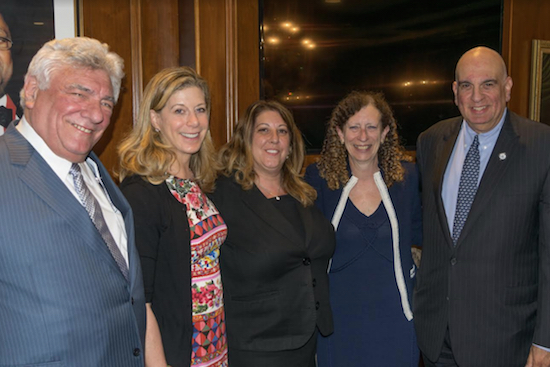Legal community discusses problems with State Bar Association

Leaders of the Brooklyn legal community got a chance to sit down with the president of the New York State Bar Association (NYSBA) for a Bar Leaders Summit, where they discussed some of the issues the bar associations face, in Brooklyn Heights on Wednesday.
Representatives from the Brooklyn Bar Association (BBA), the Brooklyn Women’s Bar Association, the Columbian Lawyers Association of Brooklyn, the Puerto Rican Bar Association, the Bay Ridge Lawyers Association, the Catholic Lawyers Guild, the Nathan R. Sobel American Inns of Court and the Brooklyn Brandeis Society met with Sharon Gerstman, president of NYSBA.
“Sharon Gerstman has made it her mission to visit all of the bar associations across the entire state,” said Aimee Richter, president of the BBA. “It’s a huge job, and we’re happy to have her here.”

Brooklyn Boro
View MoreNew York City’s most populous borough, Brooklyn, is home to nearly 2.6 million residents. If Brooklyn were an independent city it would be the fourth largest city in the United States. While Brooklyn has become the epitome of ‘cool and hip’ in recent years, for those that were born here, raised families here and improved communities over the years, Brooklyn has never been ‘uncool’.